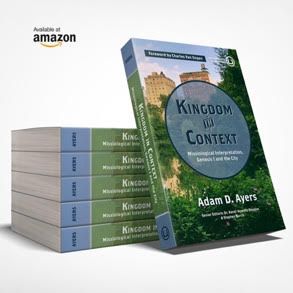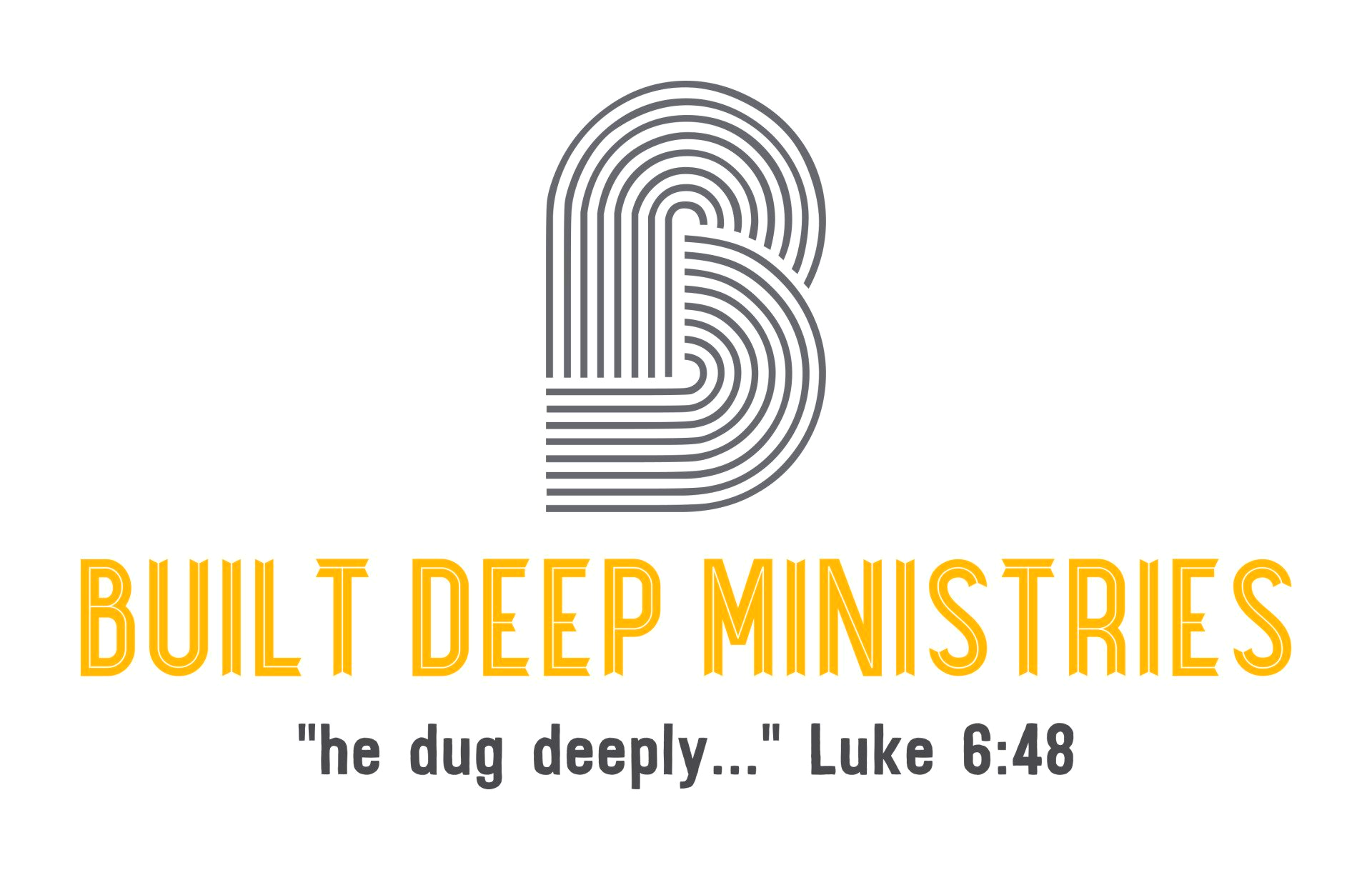Musings on Our Times: An Unbounded and Adaptive Kingdom
If history has shown us anything about the Christian movement, it is that Christianity can (and will) flourish anywhere there are human beings. Christ's gospel is viral. It is passed readily from person to person, and it expresses anew in any human environment. Just as political borders provide no hindrance to microorganisms, social boundaries form no barrier to the Good News of Jesus. Today, as always, Paul's voice rings true: "Remember Jesus Christ... according to my gospel, for which I suffer hardship even to imprisonment as a criminal; but the word of God is not imprisoned" (2 Tim. 2:8-9 NASB emph. added).
An Unhindered Kingdom
The Gospel's unfettered, unbounded nature gives great ground for Christian confidence in our current chaotic times. As members of the Lord's body, we care for its well-being, and sometimes we fear for its continuance. In trying times, that care can degrade into debilitating dread. Yet, both scripture and history bear witness to us that we can rest assured. The Kingdom is not tied to any given location more than another. The Kingdom does not need a particular social environment. It remains unbound to any cultural mode. The ways of humans may rise and fall; they may fail, morph or disintegrate and the Gospel will effortlessly keep pace. Jesus reigned as Lord in the midst of Imperial Rome; the Holy Spirit birthed, filled, empowered and spread Christ's Church in the very social context that murdered its founder. The mission of God rode the forces of persecution out from Jerusalem into the countryside and beyond it into the world, all to the furtherance of the Kingdom.
God has underscored this point throughout the ages. His saving message pervaded the Roman Empire in the face of its antagonism and in turn covered Europe with Rome's support. God has worked through the institutional Church and he has worked through the informal church. He has worked through his people's unity and he has worked through their fragmentation. He has used his body's sanity and its madness, its strengths and its failings, its insight and its foolishness. It really matters little what he has to work with; He is the God who makes something from nothing, and the whole point is that he raises the dead.
An Adaptive Church for This (and Coming) Time
When I juxtapose this truth against the current upheavals in our western society, I can't help but get a little excited wondering what may come next. True, the western church may lose all that it has invested in its "large-gathering" social models. It may be stripped of its standing and once again have to operate at the margins of society. It may even be maligned and pushed into an oppressed status by secularizing forces. Scripture and history testify that these would only be opportunities for the furtherance of God's work. The church can (and will) be molded by the Holy Spirit to match any human context and he will cause the Kingdom of God to flourish.
I believe that the Holy Spirit's call for us in these times is to be flexible so that we can be adapted for use in the Lord's hand. While I'm fairly sure that my outlook is biased, I think that this might involve preparing the western church to shift its institutions toward smaller groups that can be nimble and responsive. Across the western world we have recently seen that large scale religious gatherings are highly vulnerable to socio-political forces. We have also seen that the Church has had to rely upon vulnerable media technologies to sustain itself because it was not poised to shift into alternative, micro-group modes smoothly or without losing key aspects of its social identity.
Perhaps the lock-downs and social turmoils of 2020 have been a kind of "Pharoah's Dream" for today's church. It may be that we have had a fleeting hint of much longer times to come and that Joseph could say to us as he said then, "God has told to Pharaoh what He is about to do" (Gen. 41:25). If that is the case, we would do well to prepare for coming years, as did Joseph. We need to ask with deep honesty, "Is today's Church prepared to be broken into groups of no more than 100?... 50?... 20?... 10?" have the leaders ready to sustain itself in groups of no more than 10-15? Do we have the leaders? Are we investing in the future that the emerging generation may live-out, or are we scrambling to preserve soon-to be-passing modes of church and handicapping future leaders simply because we know and do our old ways well?"



